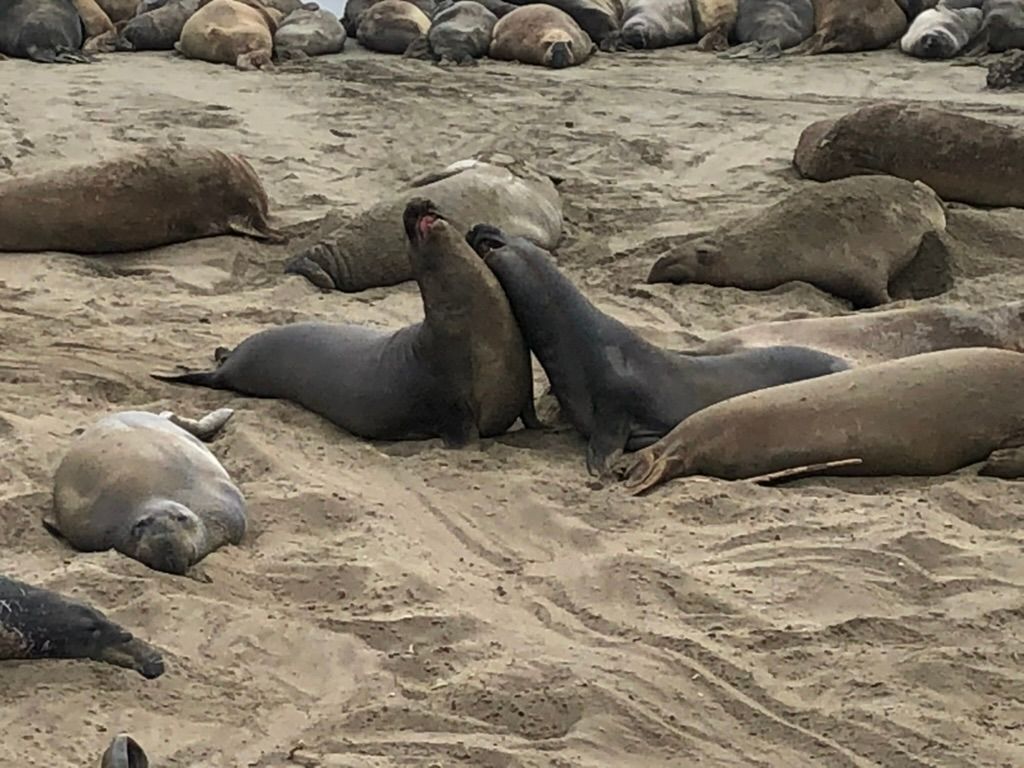Envy, the Coppolas, and The Tall Poppy Syndrome

Whenever a friend succeeds, a little something dies in me.
Gore Vidal
Envy and Jealousy are often used interchangeably by the public and even writers who one might think would be better informed. Both are distinct and complex emotions regarding ownership.
Since I write mostly about TPS understanding the so-called "dark emotions" is an integral part of dissecting the syndrome's emotional makeup of the players. Why? Assigning misbehavior between the involved parties depends upon the correct phrasing and diagnosis. Only then can one properly identify cause-blame, proposed improvement, and resolution while the viewer's self-awareness may be enhanced and their own bias exposed.
Envy occurs when a person lacks another's superior quality, achievement, or possession and either desires it or wishes the others lack it. Some even state that the envier not only wished the envied lacked the given trait but also wished their happiness was eradicated. Envy is coveting what one does not have and involves two parties (see The Tall Poppy Syndrome - The Joy of Cutting Others Down).
This definition makes envy a despicable trait but Aristotle distinguished between the good and the bad in emotions. Good envy leads a person to admire another's good qualities and strive to be like them. Bad envy is wishing that the envied lacked their quality and desires to cut them down so that the envier looks equal or even better by comparison.
Pope Gregory the Great pennied the list of seven deadly sins in 590 AD. Envy was included but not jealousy. Pope Gregory was codifying the rules for Monks in monasteries and jealousy may not have been as prevalent or even nonexistent as the other seven.
Envy is the comparison emotion and is always "on" although commonly unconscious. Consequently, envy has the most opportunities to be realized, making it the most common emotion in the peer-to-peer or private cutter in TPS (see Anatomy of the TALL POPPY SYNDROME).
Jealous people are concerned about losing something or someone they have or have already lost. Three people are involved such as a love triangle. Jealousy has its dark side and can be a cutter in TPS. Jealousy is losing something one already has and involves three people.
Carmine Coppola was an American composer and songwriter. Children included August, Francis, and Talia Shire.
August Floyd Coppola taught Comparative Literature in the sixties and seventies at CSULB. August raised three sons and divorced his wife in 1976 while living on an academic salary. He published a book in 1978 that sold a couple of thousand copies. Coppola became dean of the College of Liberal and Creative Arts at San Francisco State in 1984.
Francis Ford Coppola, five years younger than August, directed three masterpieces back to back - The Godfather, The Conversation, and The Godfather Part II - between 1972 and 1972. This brought him fame and fortune.
Nicolas Kim Coppola, August's son and Francis' nephew, is known by his stage name Nicolas Cage. He is an American actor and film producer. Awards include an Academy Award, a Screen Actors Guild Award, and a Golden Globe Award.
Zach Schonfeld is a freelance writer and journalist based in New York. He is a former senior writer for Newsweek, where he covered culture for the print magazine. His latest book is How Coppola Became Cage.
Schonfeld recently wrote an article for Lit Hub Daily "On the Jealous Rivalry Between Nicolas Cage and His Uncle, Francis For Coppola - Zach Schonfeld on a Family Not Unlike the Corleones." He claims Cage described the family as "loaded with grudges and passion."
Carmine spent years without success. With successful children, he was probably dying a slow death. Schonfeld called him "resentful of those more successful than him." He hit paydirt when Francis hired him to write the music for The Godfather Part II.
According to a 1983 interview Francis tried to be like August who was five years older (good envy). This flipped when Francis' fortunes improved and August's declined. Furthermore, August published a book and some family members believed August based a villainous character on Francis.
Schonfeld claims that Cage was drawn into the drama when his fortunes as an actor rose and Francis fell from grace. Cage starred in the film Valley Girl in 1983 which was a commercial and critical success. Francis sent him a congratulatory telegram signing it "from Francis Cage, Eleanor Cage and all the other Cages."
As read the article I was struck by the pathological family dynamics and familial envy (see Livy, Tarquin the Proud, & The Tall Poppy Syndrome). Bad envy is often found in competition, rivalries, and feuds and triggers other dark emotions such as revenge and anger. Throw in a little Hollywood hubris and expect to find TPS hiding in the wings.
Envy si, jealousy no.
Tall Poppy Syndrome Newsletter
Join the newsletter to receive the latest updates in your inbox.



